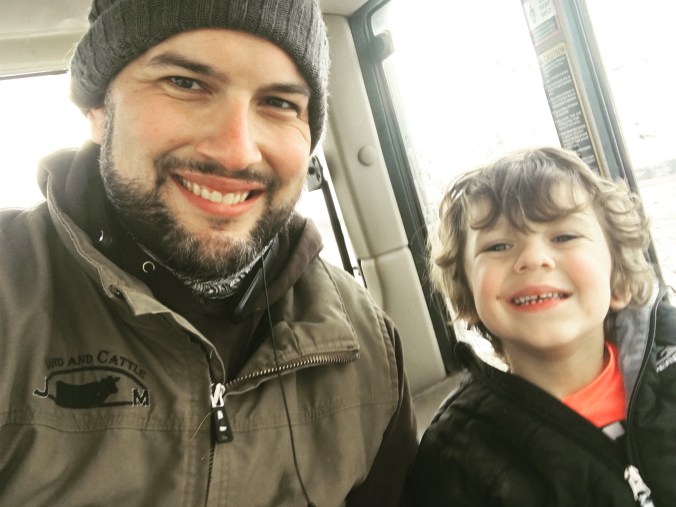
Last month, I was asked to write a guest blog for Mental Health America of Eastern Missouri. You can find the original post here
As Mental Health Awareness Month winds down, I wanted to share this post again with our audience.
Anne Shaw-Heinrich is the VP of Development for MHA-EM as well as a fellow native of Cuba, MO. She was the person who reached out to me to write this guest blog. She has been a great resource and supporter of this blog/podcast and I am very happy to have her in my corner!
When men hear mental health, they tend to shy away. They want to talk about football, the weather, the latest news… anything but that!! As men, we feel that if we address our feelings, our mental health, then we are somehow soft. I thought this way for many years. It turns out, that if we push these feelings down deep, then they will eventually manifest in unhealthy ways.
For years, I struggled with anxiety. I believe it started when I was in college. While in high school, I was a football and baseball star in a small town. I was incredibly popular, had a lot of friends, and school came incredibly easy for me. That all changed when I began pharmacy college in the fall of 2002. There were no more sports to play, I was no longer the popular kid in school. Worst of all, school became difficult. My first test in college was a Calculus exam… you guessed it… I failed. I knew that life was all of a sudden incredibly different and that I was going to have to learn to adapt.
At that time, adapting for me meant self-medicating. My medication of choice at the time was alcohol. I thought that a real man hid his emotions and numbed the pain… you know, like our dads did it. Fortunately for me, I met a woman soon after I graduated college that would change all that for me. When I met the woman who would one day become my wife, she held me to a higher standard than I was used to. She wasn’t going to put up with my drinking to hide my problems anymore.
This presented some real issues for me. I was more than happy to give up drinking to live up to the standards of a beautiful, Christian woman. However, this would leave a hole that I did not know how to fill. I had to find a healthy way to deal with my demons, and I just didn’t know how to do that. It’s been a battle that I’ve been fighting for over 10 years now and I’ve tried many different ways of coping… all of them having their benefits.
Counseling was the first way I tried to address my issues head on. I think the hardest thing for me in counseling was finding someone who totally understood me. I took some wonderful lessons and coping techniques from counseling, but I knew I had to find ways to manage on my own. I also would practice meditation and mindfulness. That was beneficial, but I found it hard to stick to that routine. That’s when I began running and exercising more.
If I had to name the one thing that has helped my anxiety more than anything, it’s taking my physical health more seriously. We as men often think that we are invincible. We think that our health, both physical and mental, are things that we need to worry about later. Well for me, I realized that if I didn’t begin to take these things more seriously, there would be no later. We feel like there must be something wrong with us if we try to eat healthy, increase our exercise regimen, or talk to a professional about our feelings.
The truth is that when we make these changes to live better, we are not weak or admitting there is something wrong with us. We are simply being proactive instead of reactive to problems that may arise. We are protecting our health to the storms that may, and most likely will, come later.
A man I admire, Rob Sharkey, once said “Real men talk about mental health.” I could not agree more. We may think that a strong man bottles up his feelings and lets no one in. Truth is that if we don’t pay attention to the things that could haunt us, then we could pay for them dearly later. We must also understand that it’s okay to not be okay. It’s acceptable for us to have problems… just as long as those problems don’t overwhelm us and affect our ability to function. That is where the proactive approach comes in. More men being willing to speak up about their health will be the first step in breaking this antiquated stigma.
